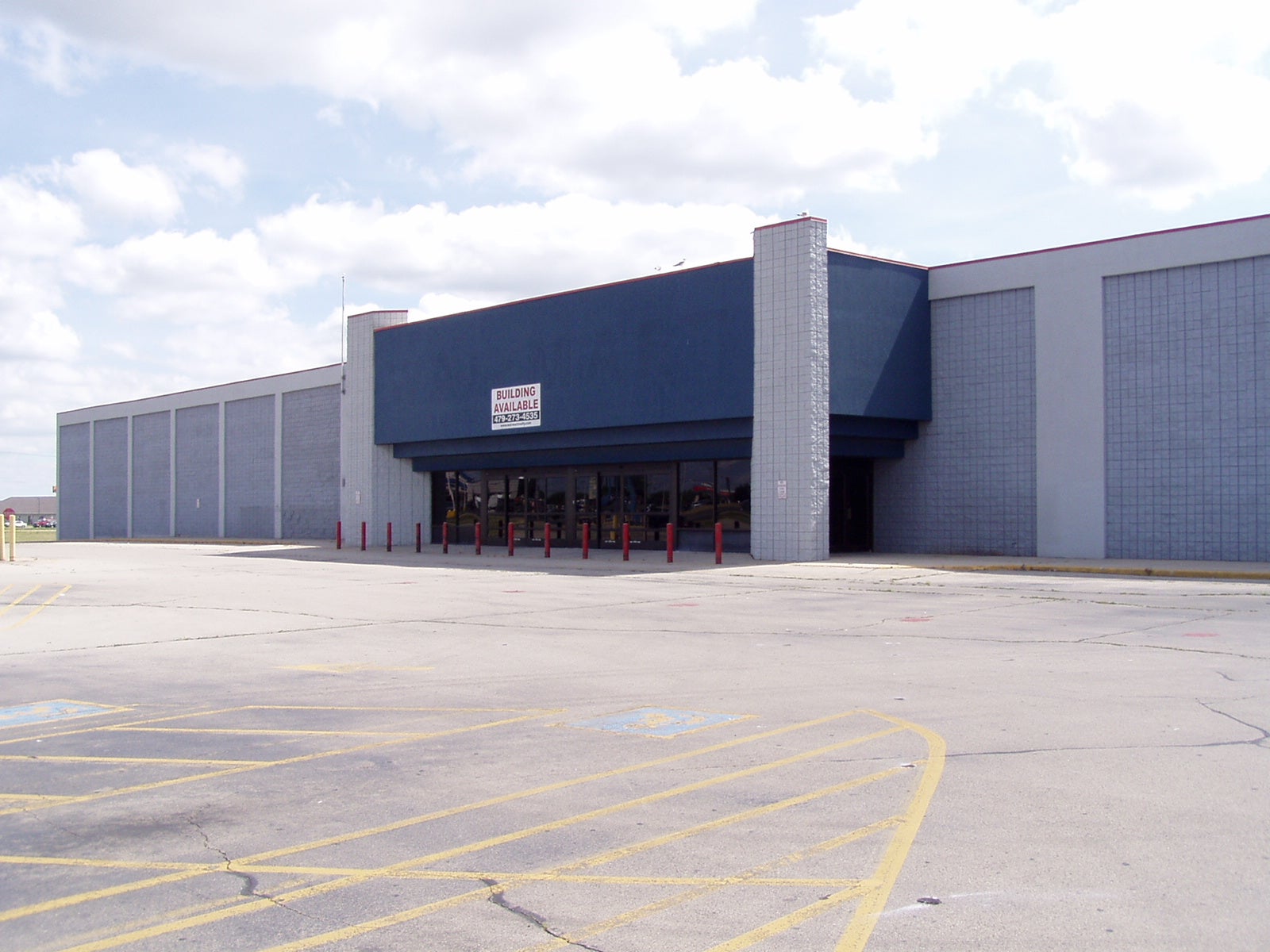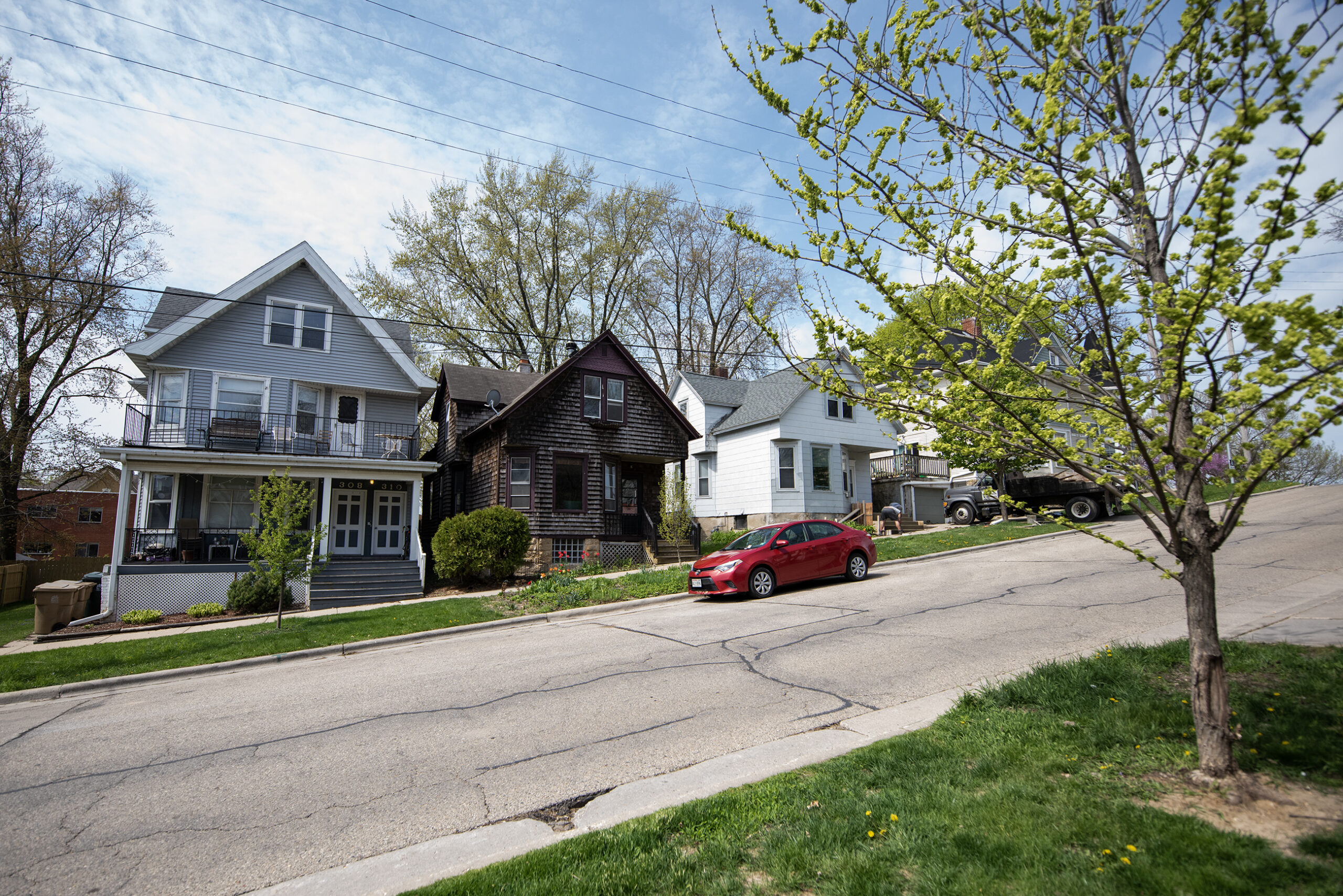Several groups representing cities, towns and counties recently launched a campaign to push lawmakers to close the state’s so-called “dark store loophole.”
The Wisconsin League of Municipalities, Wisconsin Counties Association and Wisconsin Towns Association have launched a campaign because they contend big box stores are employing strategies to avoid paying higher taxes under current law.
Large retailers argue their property tax assessments should include the values of similar vacant or “dark” stores. But local government advocates say that reasoning doesn’t make sense.
Stay informed on the latest news
Sign up for WPR’s email newsletter.
“That would be like me assessing your house as if it were foreclosed, abandoned and boarded up. These are active, growing, thriving businesses on busy street corners in downtown Wisconsin,” said Jerry Deschane, executive director with the Wisconsin League of Municipalities. “They’re being valued at what they’re actually worth, not what theoretically they would be worth if they were vacant.”
Assessors evaluate the value of property based on what a buyer may pay for the property, what similar properties are going for, and the income property may generate.
A recent survey of 215 communities by the nonpartisan research organization Wisconsin Policy Forum found appeals by large retailers may be increasing. In findings released Tuesday, the survey found 79 dark store appeals occurred last year. In 2016, the number of appeals dipped slightly to 63 from 66 in 2015.
Deschane said they want lawmakers to pass legislation that would close the loophole.
“If they don’t, homeowners will pay larger tax bills,” he said. “It’s a mathematical certainty.”
In 2017, residential properties accounted for 68 percent of the roughly $11 billion in gross property taxes paid while commercial properties paid around 22 percent, according to data from the Wisconsin Department of Revenue. Local governments fear they may foot a greater proportion of the tax burden if more stores are successful in appealing assessments.
However, opponents of such legislation argue it unfairly targets large retailers and would give local governments license to aggressively raise taxes on businesses.
Wisconsin Manufacturers and Commerce said the theory behind the newly launched campaign is “laughable” and “inaccurate,” said Corydon Fish, director of tax, transportation and legal affairs for Wisconsin Manufacturers and Commerce. Fish said the reasoning used by counties, cities and towns is like saying a home is worth more than an identical vacant house nearby because a family lives there.
“I think any rational buyer would find that absurd that you have two identical homes and one’s worth more solely because you’re living in it,” said Fish. “Not only arguing that it’s worth more on the open market because you’re living in it, they’re arguing that you should pay more taxes.”
Fish also argued the tax burden has shifted slightly from homeowners to commercial properties. Residential taxpayers are paying about 1.5 percent less of the total gross property taxes collected this year than they were in 2012, according to DOR data. At the same time, the gross property taxes paid by commercial properties increased by roughly the same percentage.
“Many businesses in the state of Wisconsin are actually paying … a larger proportion of property taxes than they were 10 years ago,” said Fish.
A recent memo from the Legislative Fiscal Bureau found residential and commercial properties have withstood a greater share of the tax burden while the share paid by manufacturing and other properties has declined. A study committee will recommend legislation to clarify property tax assessments once it completes a review of practices in the state.
Two bills that would have closed the dark store loophole failed this year despite bipartisan support.
Wisconsin Public Radio, © Copyright 2025, Board of Regents of the University of Wisconsin System and Wisconsin Educational Communications Board.




